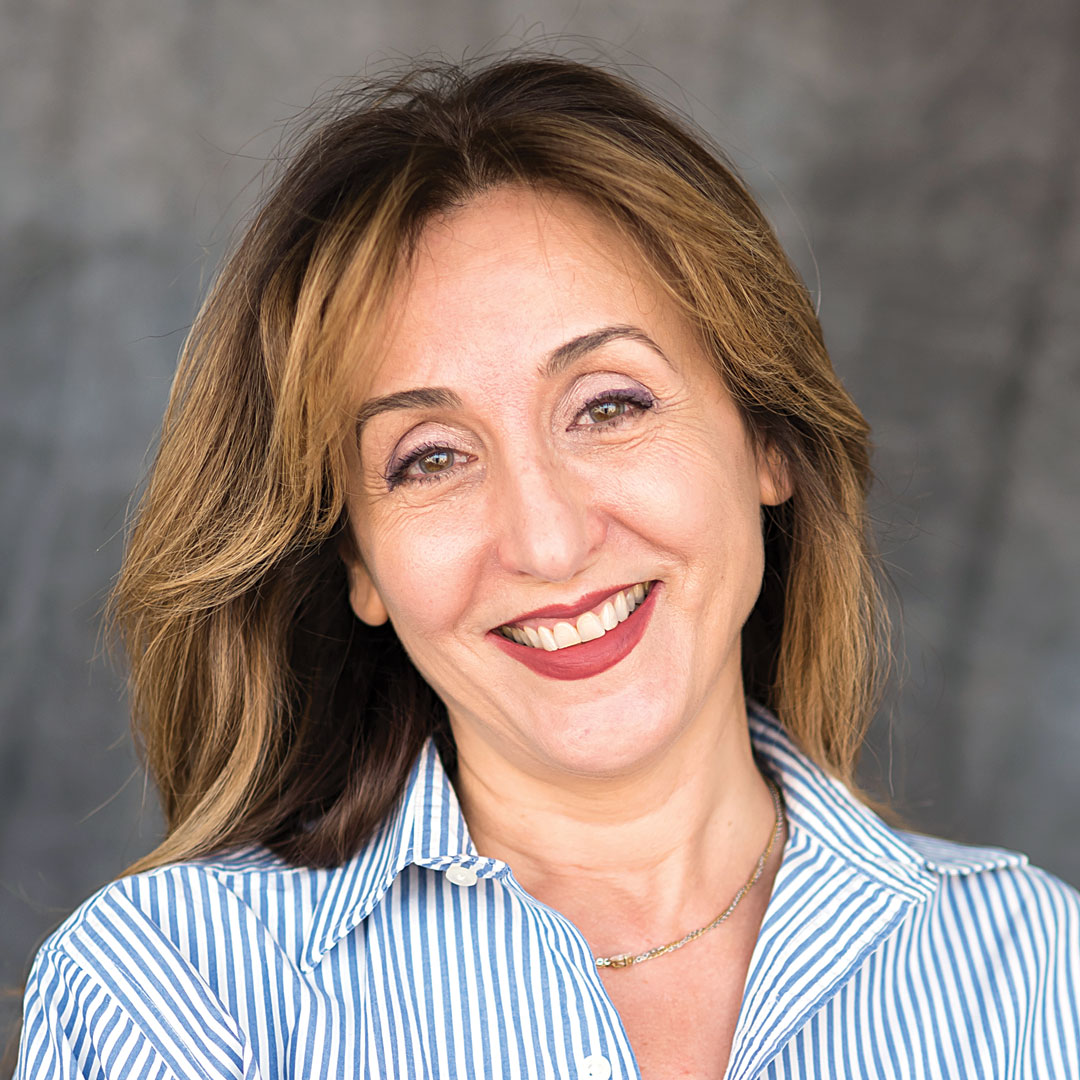 Pexels
Pexels We wrote essays and memorized poems about the saintliness of mothers, their selflessness, their sacrifices. Every Mother’s Day in elementary and middle school, we stood up and read to the class a new ode to the person who had given up her youth and good health, her freedom and grand ambitions — her self, really, though in those days women had no “self” outside of motherhood — to give us life and make sure we kept eating and breathing. Thank you, Mother, for relinquishing body and soul.
It made sense in a devastating, heartbreaking way, especially if you were a girl, meaning that your very existence was a detriment to any mother’s value, and more so if you were one of a number of girls, each birth another nail in the poor woman’s coffin, and now she was going to have to love and care for you, anyway, make sure you looked good and behaved well so you, too, could wear a crown of flowers one day in your mid- to late teens, become a wife and, nine months later, a mother.
And if you were a boy? There was a story we read every year, about a son who, in a rage and very self-servingly, beats his mother to death and buries her in a ditch. For reasons that escape me now, he has occasion to dig her up later, long teeth and hair and smooth, fleshless bones, only to find that her heart is still beating with, yes, love for the murderous son. I may be wrong, but I could swear there was even something about the mother being worried that the son was tired and thirsty from the physical exertion of burying and exhuming her.
This was motherhood as martyrdom — which, we know, is always a privilege, more so if the suffering is greater — something that you earned through sacrifice and devotion, that you aspired to knowing how you would end up. Because of how you ended up.
“I was 15 years old when I gave birth to my first child,” my own grandmother once said. “I went home with that baby and didn’t emerge again until I was an old woman with 10 children.”
We do, in fact, turn our backs on life as we knew it once we become parents.
She wasn’t lying, not even exaggerating. To her eternal credit, she also raised a great many orphans and abandoned children, cared for the poor and the sick of all ages, fed and clothed and counseled every stranger who knocked on her door. Later, as an “old woman,” she even found time to buy and sell land, make a good bit of money on her own, jetting between Tehran and Tel Aviv, New York and Los Angeles. Hers was a meaningful and memorable life, the kind of existence that creates lasting good. I know this. I hope she knew this.
But after the day I heard her speak of her — stolen? squandered? perhaps the word is “surrendered” — youth, I’ve never been able to think of her without a quiver of heartache. I keep seeing her as a teenage mother, the girl in those black-and-white pictures in the homes of her children, white skin and dark eyes and that pomegranate-red lipstick so favored by’50s movie stars. I see her turn her back on me and walk through a door. I see the door close.
It wouldn’t be much to celebrate, this Sisyphean practice we mothers engage in, one generation after another, often without question. Forget those of us in the First World who marry late and hire Third World help and have access to health care and technology; we couldn’t fathom the hardships the majority of mothers suffer every day just to keep their children alive. And yet, even we know this is as hard a job as any. I certainly don’t begrudge us the odes or Hallmark cards on Mother’s Day — celebrated this year on May 14 — or any other. But I also know they don’t tell the whole story, and that’s a crime — it perpetuates a sense of victimhood on the part of many mothers and guilt on the part of their children, especially their daughters.
We do, in fact, turn our backs on life as we knew it once we become parents. In many ways, more than any of us would be able to imagine ahead of time, we do surrender our old selves at the door, forfeit the big wide world and the possibilities it may offer, in favor of a small house with walls and a roof.
But these walls we surround ourselves with are covered with vines of Poet’s Jasmine that bloom, delicate as a breath, every morning, releasing into the universe the everlasting scent of youth and beauty and hope. And this roof we capitulate to opens up every night to reveal a flood of stars. And whether we have one or a dozen children, whether they’re our own or others’, sick or healthy, obedient or not, this house they pull us into is called Joy.























 More news and opinions than at a Shabbat dinner, right in your inbox.
More news and opinions than at a Shabbat dinner, right in your inbox.